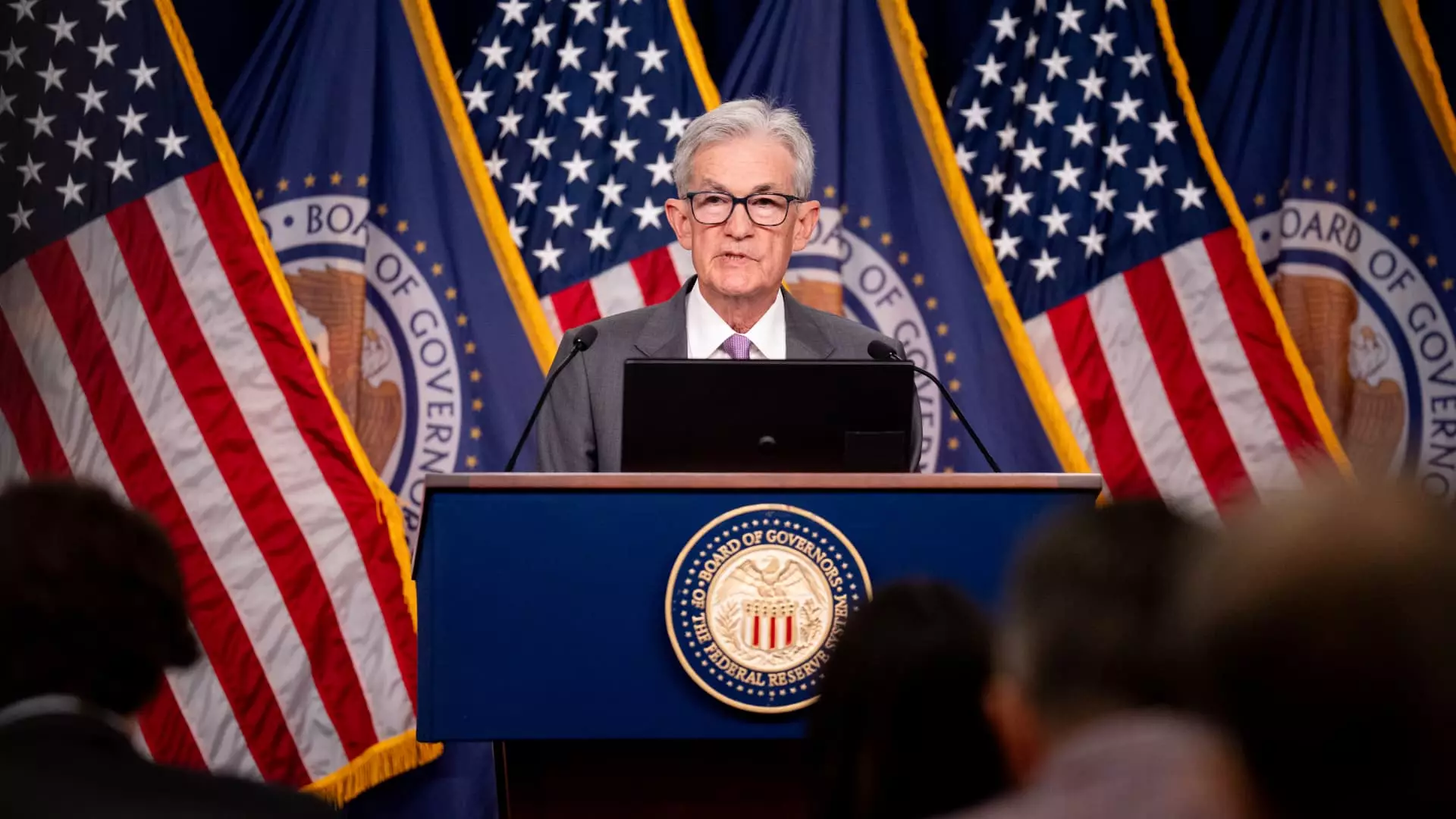According to British fund manager abrdn, there is a prediction that the U.S. economy will experience a soft landing. However, Kenneth Akintewe, the company’s head of Asian sovereign debt, warns of the risk of a prolonged slowdown in 2025. He questions whether the Federal Reserve is making a policy mistake by potentially overlooking key economic indicators.
Akintewe highlighted economic data, such as non-farm payrolls, which have been later revised to reflect a weaker economic situation. For instance, the U.S. Labor Department reported a significant discrepancy in job creation numbers from April 2023 to March 2024. The actual job growth was nearly 30% less than initially reported, which raises concerns about the accuracy of economic data being used for policy decisions.
The delay in recognizing the true state of the economy could result in policy mistakes by the Federal Reserve. Akintewe argues that if the economy is weaker than the headline data suggests, the Fed should already be considering easing measures. He emphasizes that policy changes take time to have an impact on the economy, and significant easing may be required to stimulate growth effectively.
Market analysts are closely monitoring the inflation rates and predicting potential rate cuts by the Federal Reserve. Despite the PCE price index showing a slight increase in inflation, there is still uncertainty about the Fed’s future rate decisions. With inflation hovering around 2.5% and the policy rate at 5.5%, questions arise about the necessity of such a high real policy rate amidst economic uncertainty.
Akintewe suggests that any easing measures implemented by the Federal Reserve may take several months to transmit effectively throughout the economy. If the economy displays signs of weakness at the beginning of 2025, it could take until the second half of the year to observe the full effects of any policy changes. This delayed impact could lead to a different economic outlook by the time the effects are felt.
The market is heavily focused on predicting the size of potential rate cuts by the Federal Reserve. However, Akintewe challenges this narrow focus and questions the rationale behind maintaining a high policy rate amid lower inflation rates. The uncertainty surrounding future rate decisions adds to the complexity of the economic situation and raises concerns about the effectiveness of monetary policy in stimulating growth.
The warnings raised by Kenneth Akintewe about a potential prolonged slowdown in the U.S. economy highlight the need for cautious economic policy decisions. The discrepancies in economic data, coupled with uncertainties about the effectiveness of easing measures, call for a comprehensive assessment of the current economic landscape. As market speculations continue and inflation rates fluctuate, the Federal Reserve faces a challenging task in balancing economic growth with stability.

